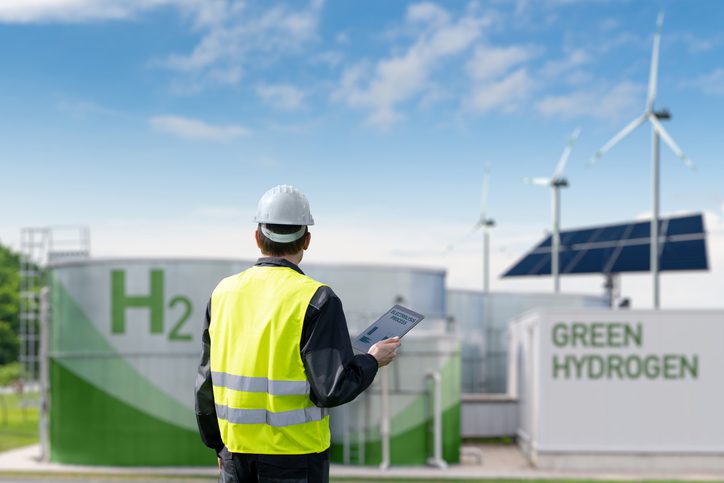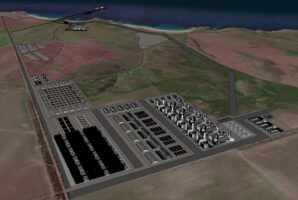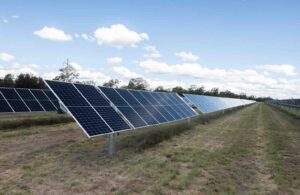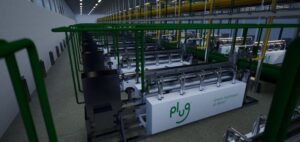A green hydrogen subsidiary of Mitsubishi Corporation has signed up Zen Energy to explore the idea of collaborating, the latest in a series of agreements that mark the Japanese major’s new interest in this area in Australia.
DGA Energy Solutions, which manages 14.5 gigawatts of projects around the world but whose Australian arm was only set up last year, signed a Memorandum of Understanding (MoU) with Zen to explore combining the latter’s expertise in generating and buying clean energy with the former’s green hydrogen plant design capability.
The arrangement comes on the back of DGA buying a 49 per cent equity stake in entX’s Limestone Coast Hydrogen Project in South Australia, and months after agreeing to look at supporting Countrywide Hydrogen’s Portland Green Hydrogen project.
With Ross Garnaut-backed gentailer Zen, DGS will be looking for opportunities to combine clean energy with hydrogen projects and help Mitsubishi Corp to decarbonise its Australian operations.
Japan still hydrogen opportunity
ZEN CEO Anthony Garnaut believes the partnership “will accelerate Australia’s journey to becoming a renewable energy superpower” through trade with Japan.
“Australia is now the leading supplier of energy and minerals to Japan. If we are to retain this position in 2050, we need to create new, sustainable ways of producing versions of the products we currently sell to Japan,” he said.
Mitsubishi Corp launched the Australian arm of DGA last year as a vehicle to lead its local, and possibly regional, renewable energy, green hydrogen, and green ammonia projects, specifically pointing out the commercial opportunity that lies in converting Australia’s abundant renewable energy to tradeable green hydrogen to Japan.
Australia’s existing trade relationships through the East Asian region as well as with Japan and Korea also piqued Mistubishi Corp’s interest.
DGA has been “assigned” to handle the Australian opportunity, the company says on its website. It plans to be a project developer and operator of renewable energy projects and hydrogen production in Australia.
Mitsubishi Corp catching up with cousins
The month’s-long DGA spree is Mitsubishi Corporation’s first dip into local green hydrogen.
Its rivals Mitsubishi Heavy Industries (MHI) and Mitsubishi Gas Chemical Company (MGC), which are remnants of the 1800s-era parent company after it was split up following World War 2, have already staked claims in Australia by either committing their technology or buying into local businesses.
MHI bought a stake in green hydrogen developer H2U Group in 2020 and last year signed an MoU with fertiliser and explosives maker Orica to explore decarbonisation, but focused on opportunities in global green hydrogen and ammonia markets. In 2018, it signed an MoU with the NSW government to look at a development plan for hydrogen production in Western Sydney region.
Separately again, the Mitsubishi Gas Chemical Company did a deal with Cement Australia in 2022 to look into using MGC’s newly developed green methanol production technology to make and then sell green methanol and hydrogen from carbon dioxide from the latter’s Gladstone cement plant.
Other Japanese companies having also been staking claims to Australian hydrogen projects, with Iwatani, Kawasaki Heavy Industries, IHI, Marubeni, Sojitz, INPEX, Sumitomo Corp and Mitsui all announcing projects or collaborations over the last five years with major companies and governments in Australia.










